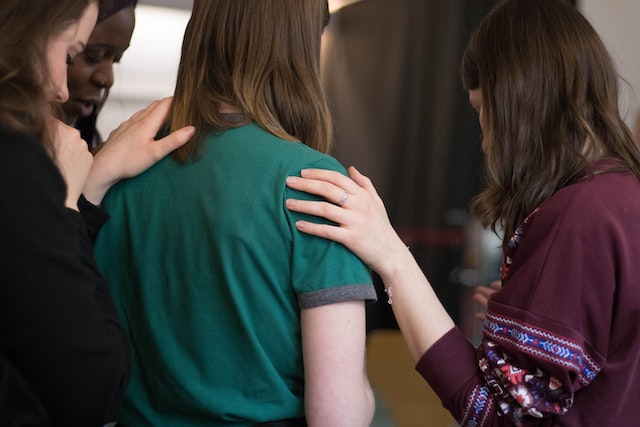Joining an ADHD support group is a terrific way to meet people and gain assistance from others. They also offer details on available treatments and coping mechanisms.
But what can you anticipate from an ADHD support group meeting? Here are some recommendations to help you make the most of your experience.
What to Expect
ADHD support groups are an excellent way to connect with others who understand your condition. They can also provide information and support to help you manage your situation better.
You can find ADHD support groups in local communities and online. Some are run by organizations, while others are peer-led.
The group facilitators are trained to make the group feel safe and comfortable. They should be able to welcome newcomers, introduce the participants, and explain the structure of the meeting.
They should also ask each person to introduce themselves and describe their experience. The group facilitators should allow everyone to share and encourage members to be respectful and empathetic.
Some ADHD support groups are geared toward specific issues, such as coping with a child with ADHD, parenting a special needs child, or teen ADHD. They also offer emotional support and guidance for parents of ADHD children who feel alone and misunderstood.
Those newly diagnosed with ADHD can also join support groups to learn about their options and find a supportive network. National ADD support organizations, such as CHADD, ADDA, or local nonprofits, often run these groups.
The largest ADHD nonprofit in the world, CHADD, hosts regional networking and education events for adults with attention deficit disorder. Additionally, they have a network of affiliates across the country, and their website has a search feature that will help you find a support group near you.
Socializing
ADHD is a condition that can impact your social skills in a variety of ways. For example, impulsivity and inattention can make connecting with others and having a conversation challenging. Fortunately, you have a few options for improving your social skills.
Building your self-esteem is one of the most critical steps. It means developing a positive attitude, focusing on what you can accomplish, and holding on to your sense of humor.
Another way to build your confidence is by seeking out new people. Joining a support group allows you to interact with people who understand what it’s like to live with ADHD and share your experiences.
When you first start attending a support group, it’s natural to feel shy and self-conscious. But it’s important to remember that everyone in the group has something to offer you.
Many support groups provide social activities before or after the meeting, so you can get to know people before talking about your struggles. Some group leaders encourage casual talk, while others keep it in check so that people aren’t oversharing or stepping on toes.
Having a social life with ADHD can be difficult, but it’s possible to have a fulfilling and satisfying experience. To learn how to develop your social skills, you need to put in the time and effort.
Talking About ADHD
ADHD is a common condition, and it affects people of all ages. The condition can cause problems with focus, self-control, and academic performance. But with treatment, people can improve their attention and control.
Talking about ADHD is integral to a support group meeting, as it helps members share their experiences with the condition. They can also learn about different coping strategies, treatments, and resources they may need to know about.
Some groups also feature guest speakers who can offer information about the condition or provide helpful tips for living with it. These meetings are usually held in person or online.
During the meetings, there will be talks about ADHD by both members and the facilitators. It will help members connect with others with the same diagnosis and provide a safe environment for everyone to discuss their experiences.
In addition to sharing their experience with ADHD, members can ask questions or get answers to their specific concerns. It can be conducive for people with ADHD who don’t have anyone to turn to for answers.
The talking about ADHD during the meeting will often focus on challenges that people with ADHD have in various areas. However, it’s important to emphasize the positive qualities that people with ADHD have as well. It can help them to feel better about themselves and their ability to manage their condition.
Questions and Answers
When you attend a support group meeting, you can expect questions that cover a wide range of topics. They may include questions about ADHD and its effects on your life, such as how it affects relationships, how you manage your time, or how you deal with challenges at work or school.
You can also learn about coping strategies, treatments, and resources that you might be interested in. In addition, you can share your experiences and get advice from others who have lived with ADHD.
Getting help from others can significantly affect how you handle your symptoms. Having people who understand your situation can make you feel less alone and more confident in managing your ADHD.
Some people use complementary health approaches to help manage their ADHD symptoms, such as herbal remedies, vitamins, and natural products. However, these methods are not typically recommended as treatment options and do not have a proven track record of helping with ADHD.
It is always recommended to speak with a mental health expert specializing in ADHD therapy, regardless of the approach. It will ensure you receive the highest quality care possible and reach your goals in a safe and healthy environment.




